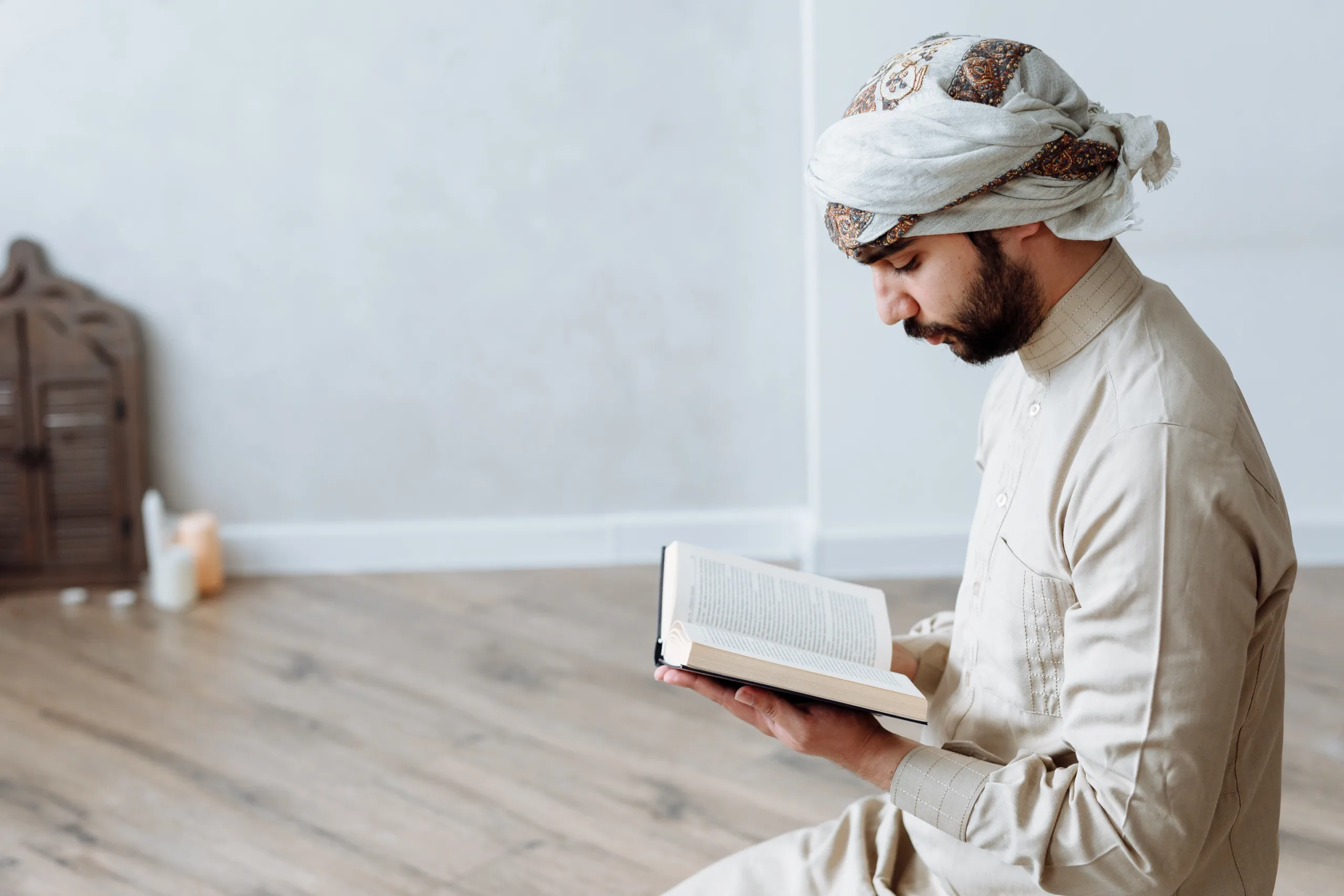Discover the History, Significance, and Traditions of Ramadan
Ramadan is an important month in the Islamic calendar, marked by fasting, prayer, and reflection. It is a time of spiritual renewal and community building, as Muslims all around the world come together to observe this holy month. In this blog post, we’ll explore the history, significance, and traditions of Ramadan, as well as its impact on individuals and communities.
Jump to:
#The History of Ramadan
#The Significance of Fasting
#The Importance of Community
#Traditions of Ramadan
#Celebrating Eid-al-Fitr
#Impact on Individuals and Communities
#How to Prepare for Ramadan
#Conclusion
The History of Ramadan
Ramadan is believed to have started when the first verses of the Quran were revealed to the Prophet Muhammad in the month of Ramadan. This event, known as the Night of Power or Laylatul Qadr, is celebrated on the 27th night of Ramadan. Since then, Ramadan has become an important time of fasting, prayer, and reflection for Muslims around the world.
The Significance of Fasting
Fasting during Ramadan is one of the Five Pillars of Islam and is a key aspect of this holy month. Fasting is not just about abstaining from food and drink during daylight hours, but also about cultivating a spiritual connection with God and seeking forgiveness for past sins. It is also a time to practice self-discipline and develop empathy for those who are less fortunate.
The Importance of Community
Ramadan is also a time of community building, with Muslims coming together to break their fasts at sunset and share meals with family, friends, and neighbors. This communal aspect of Ramadan is important, as it helps to foster a sense of solidarity and belonging among Muslims around the world. Many mosques also offer special evening prayers during Ramadan, which provide another opportunity for community members to come together and worship.
Traditions of Ramadan
In addition to fasting and community building, Ramadan is also marked by a number of traditions and practices. These include:
- Suhoor: A pre-dawn meal eaten before the start of the fast each day
- Iftar: The meal that breaks the fast at sunset each day, often shared with family and friends
- Taraweeh: Special evening prayers offered during Ramadan
- Zakat: The practice of giving to charity, which is especially important during Ramadan
Celebrating Eid al-Fitr
At the end of Ramadan, Muslims celebrate Eid al-Fitr, a three-day festival marked by prayer, feasting, and spending time with loved ones. It is a time of joy and celebration, as Muslims reflect on their achievements during the month of Ramadan and look forward to a new beginning.

Impact on Individuals and Communities
Ramadan has a significant impact on individuals and communities, both spiritually and socially. It provides a time for personal reflection and growth, as well as an opportunity to connect with others and build community. It also encourages the practice of charitable giving, which has a positive impact on society as a whole.
How to Prepare for Ramadan: Tips and Tricks
If you are planning to observe Ramadan this year, here are some tips and tricks to help you prepare:
- Consult with your doctor: If you have any health concerns or conditions, it’s important to talk to your doctor before you start fasting. They can help you determine if fasting is safe for you and provide guidance on how to stay healthy while fasting.
- Plan your meals: During Ramadan, you will be fasting during daylight hours, so it’s important to plan your meals carefully. Eat nutritious foods that will help you stay energized throughout the day, and make sure to hydrate well during the hours when you can drink water.
- Prepare spiritually: Use the month of Ramadan to cultivate a deeper connection with God and strengthen your faith. Spend time reading the Quran, meditating, and performing acts of kindness and charity.
- Connect with your community: Ramadan is a time for community building, so make an effort to connect with other Muslims in your area. Attend mosque events, volunteer at a local charity, or organize a community iftar to break your fast together.
Conclusion
Ramadan is a time of fasting, prayer, and reflection, with a rich history and a number of important traditions. By observing this holy month, Muslims around the world come together to cultivate a sense of spirituality, empathy, and solidarity. With proper preparation and a focus on community building, Ramadan can be a transformative and rewarding experience for all who observe it.
External Links you may visit:
https://www.nbcnews.com/news/us-news/ramadan-2023-muslims-discuss-things-wish-knew-holy-month-rcna75903
https://dailyfreepress.com/2023/03/22/ramadan-explained-beyond-fasting/
https://www.king5.com/article/life/holidays/when-is-ramadan-what-is-it/281-1090e218-1ddc-4112-b87c-07e5f9909af6

